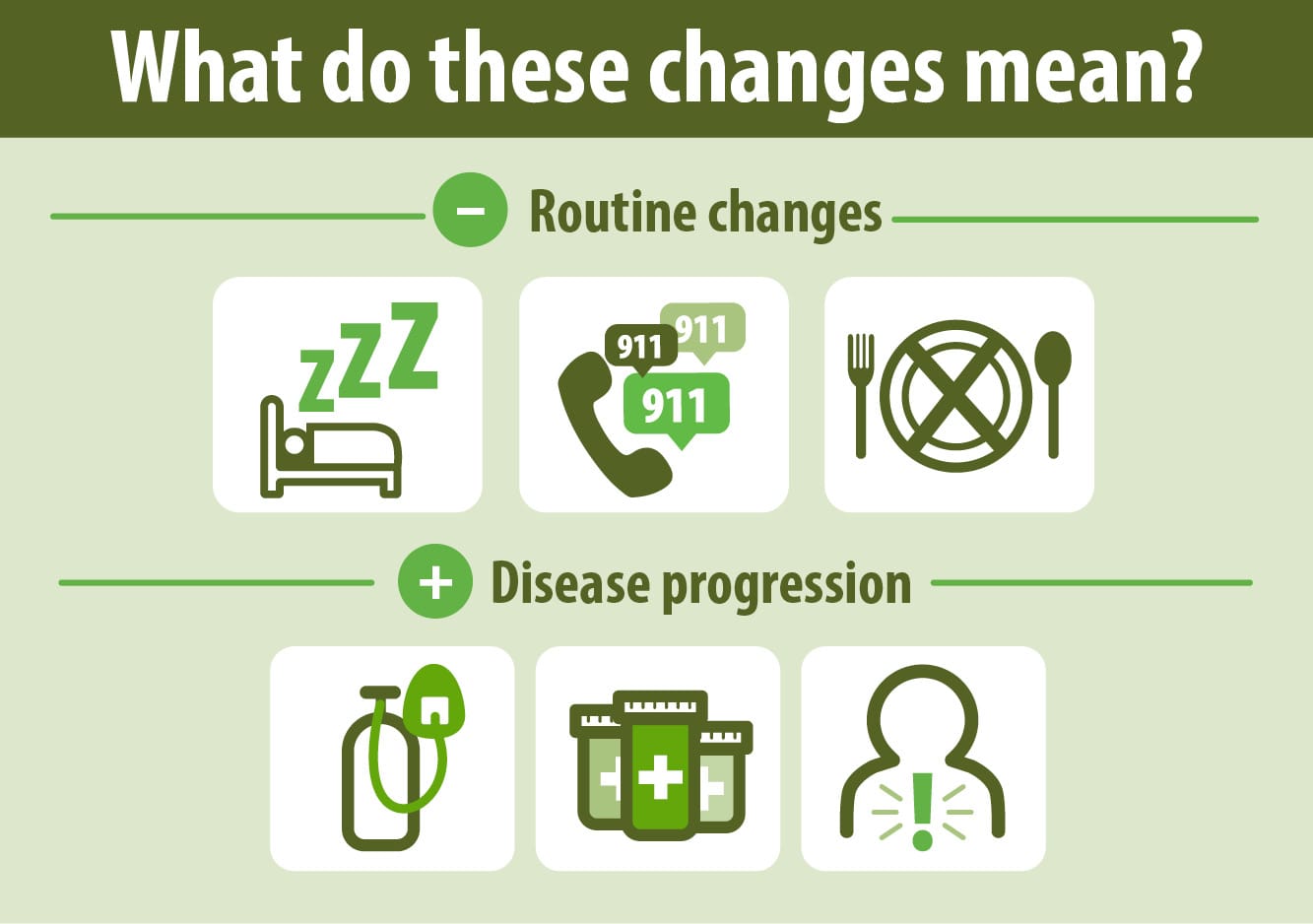Complicated Grief: When to Seek Help
 Grief is the normal and natural response to a loss of any kind. Symptoms like loneliness, fatigue, sadness and irritability are all part of the normal grief process. Grief is indicative of the love and connection felt toward the person who died. While painful and difficult, grief is a natural human response to loss.
Grief is the normal and natural response to a loss of any kind. Symptoms like loneliness, fatigue, sadness and irritability are all part of the normal grief process. Grief is indicative of the love and connection felt toward the person who died. While painful and difficult, grief is a natural human response to loss.
What, then, is meant by complicated grief? Furthermore, how can we tell when the normal pain of grieving has crossed into a realm of complicated grief, requiring professional support?
This is a difficult topic to address because so much of grief is personal and unique to the relationship. In fact, many experts disagree whether to include complicated grief as a mental health diagnosis because grief is, by nature, so unique. However, it’s still important to be able to recognize warning signs of complicated grief so that you can get the help you need for yourself or a loved one.
First, let’s talk about what is normal in grieving:
- Having emotions about your loss at any point in the future, whether in a month or in a decade, is considered normal and is not part of complicated grief.
- Feeling intense emotional pain in the period immediately following your loss is not complicated grief, though seeking professional support in these instances can still be helpful.
- Struggling with anniversaries or special days for many years after a loss is also normal.
Complicated grief occurs when prolonged symptoms of grieving cause significant functional impairment for an extended period of time after at least six months of bereavement have passed. That doesn’t mean that feeling sad after six months means there’s something wrong with you of course – that’s normal and expected.
The kicker in this definition is “significant functional impairment.” These are things like:
- Inability to eat or sleep
- Not getting out of bed all day
- Missing significant amounts of work
- Inability to maintain basic household processes
When your grief keeps you from engaging in your own life in significant ways for an extended period of time, it’s time to seek help.
It’s important at this point to realize that these symptoms do not mean you are weak or worthless. Complicated grief can occur in anyone, and for many reasons. Sometimes it occurs when the relationship lost was not straightforward or acknowledged. Sometimes it occurs when there are other obstacles keeping you from addressing the grief surrounding the loss (such as mental illness, additional stressors or concurrent losses). It can be more prevalent in those with limited social support, or those who have struggled with mental health issues in the past.
At Crossroads, we offer bereavement support to all of our families as well as the community. If you’re concerned that you or a loved one might be experiencing complicated grief, a good first step is to call a Crossroads Hospice bereavement coordinator at 1-888-564-3405.
We’re here to answer questions about what’s normal and not, and provide referrals to treatment if necessary. We’re also here to provide support in the everyday throws of grief as much or as little as you might need. Grief is hard, and we’re here to ensure no one has to grieve alone.
Marissa Ebeling
Bereavement Coordinator
Crossroads Hospice
If you found this information helpful, please share it with your network and community.
Copyright © 2015 Crossroads Hospice. All rights reserved.




